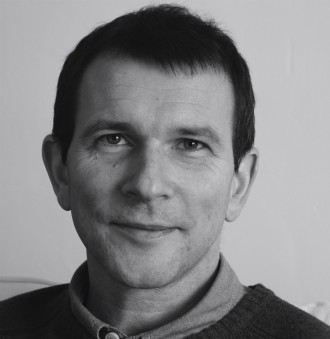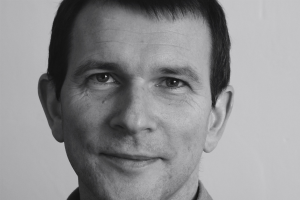
How did you get into writing novels?
When I was a clinical student I had my first encounter with a terminally ill patient and his family. The experience stirred a lot of emotions, and without realising what I was doing I came up with a fictional story that articulated the things I was feeling. One of the guys I shared a house with at the time happened to edit the medical school magazine, and he was always desperate for copy to fill the pages, so he happily published it. Two fellow students independently sought me out afterwards to say how much they’d liked the story. From then on, I was hooked.
I took a year out after house jobs to locum and try my hand at writing a novel. That one remains deservedly unpublished, but it did get me some encouragement from a London literary agent I sent it to. After my vocational training in general practice, I applied to the creative writing MA at the University of East Anglia. I wrote another novel during my year there, Eclipse of the Sun, which went on to be my first publication. It won two literary awards – the John Llewellyn Rhys Prize and the Betty Trask Award – and was also shortlisted for the Whitbread (now the Costa) First Novel Award. If I wasn’t hooked before, I was well and truly addicted then!
How does being a GP influence your writing?
General practice is a lot about different perspectives. GPs are constantly brokering understandings between the scientific, biomedical worldview, and the rich stories and beliefs with which patients (including doctors) make sense of our lives as human beings. This fascination with multiple perspectives, and the tension between cool rationality and the passionate human spirit, runs like a thread through pretty much all my fiction.
Where did you draw inspiration from for your latest novel?
My latest novel, You, tells the story of a father, setting out in hope of seeing the daughter he hasn’t heard from for seven years. It’s an intensely human story about parental love in the face of overwhelming adversity, and it explores the phenomenon of parental alienation (PA), which is a still-evolving concept in the field of child psychology. PA affected the children of a patient of mine who ultimately ended up committing suicide because of his grief at losing them, and I hadn’t been aware of the phenomenon before then. I read a lot of academic books and papers about PA so that I developed a secure understanding of the complex psychology involved. I also joined some closed internet forums for parents affected by PA, and have been privileged by so many parents (and some now-grown children) who were willing to share their experiences with me while I developed the novel.
It’s set partly in Somerset, where I now live, and partly in Oxford, where I was first in general practice. I took a train journey back to my former city armed with a notebook and pen, which mirrors the journey taken by my narrator during the novel. It always amazes me how much incidental detail that crops up during a simple journey can later inspire key moments when writing.

How do you hope readers will respond?
I hope they will be gripped and moved by the characters and the story. It’s a tale of true love pitted against great adversity. If readers also finish the book with things to ponder about what it means to be human, about the forces that shape us and the way emotional traumas can reverberate through the generations, then so much the better!
How you do you juggle life as a GP with writing novels?
Before entering partnership it was relatively easy – I worked for many years as a locum, which allowed me flexibility to write. Since becoming a partner eleven years ago, it’s been more challenging. I have to be able to immerse myself in writing full-time when first-drafting a novel. In practical terms, that’s meant my partners being more than flexible in the granting of sabbaticals! Three months’ intense focus on writing will usually see me equipped with a reasonable first draft. I can edit and refine in short bursts around my medical work thereafter.
Has writing changed how you practise medicine at all?
It’s more the other way round. Medicine, and general practice in particular, provides a ringside seat on all of life’s dramas and stories and characters, so being in practice has probably changed my writing immeasurably for the better. It really interests me how many doctors became notable novelists – Chekhov and Somerset Maugham being just a couple of well-known examples. I also think there’s something about the way we’re schooled in distilling a patient’s history that hones the narrative art.
What advice would you give other GPs starting out writing novels?
For me, writing has always been an essential counterpoint: I love general practice because I also write, and I write better because I’m also a GP. But just like medicine, writing takes a lot of determination and application. It’s something like 10% talent and 90% sheer bloody-minded refusal to give up!
I wrote very seriously for 10 years before I first made it into print. Above all, enjoy and love and believe in what you’re doing (if you’re not enjoying and loving and believing in it, no reader is going to) and if your dream is publication then never – ever – lose faith you will achieve it with the very next thing you create. Good luck.
Dr Phil Whitaker is a GP in Somerset. He is a columnist for the New Statesman and author of six novels, including Eclipse of the Sun which received the 1997 John Llewellyn Rhys Prize and the 1998 Betty Trask Award, and Triangulation which was awarded the 2000 Encore Award. His latest novel You is published by Salt.

















